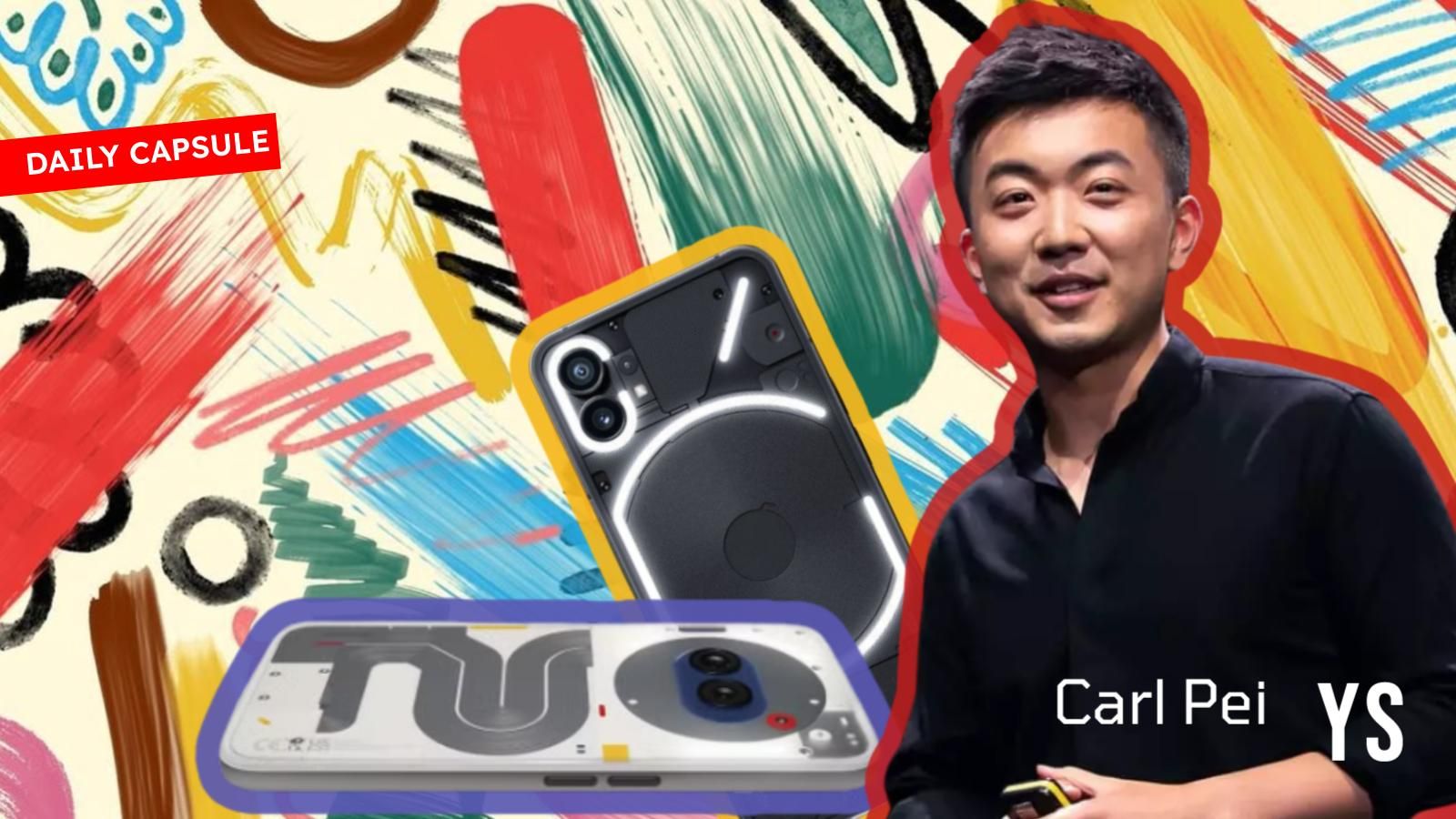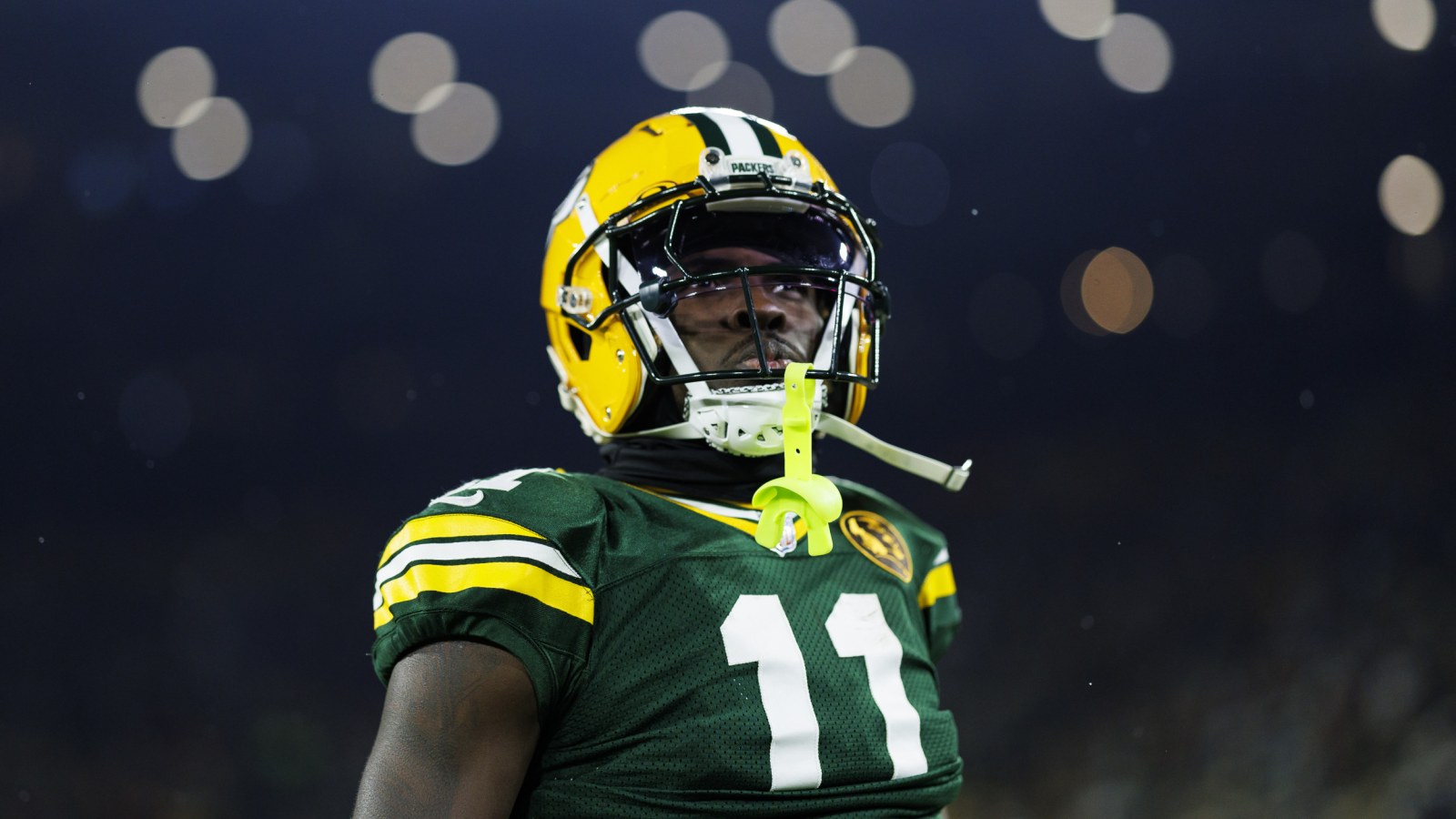By Team Ys
Copyright yourstory

It’s raining funding, hallelujah!
From Nothing’s blockbuster fundraise to Indkal Technologies raising $20 million to support the growth of its brand, Wobble Displays, the startup ecosystem has seen a deluge of fresh capital in recent days.
At the forefront of this wave is Peak XV Partners, which has led fundraises in two Y Combinator-backed startups—MarqVision, which uses AI to fight counterfeits and digital piracy; and Hyperbound, which builds AI tools and AI sales roleplays.
MarqVision saw Peak XV leading a $48 million Series B round, with participation from Salesforce Ventures, Coral Capital, HSG, and Y Combinator partner emeritus Michael Seibel. Meanwhile, Hyperbound raised $15 million in a Series A round, in what will be the VC firm’s biggest bet in the US.
Speaking of the US, things are looking up in trade negotiations between Indian and US officials, after the Trump administration looked to take a conciliatory tone following its earlier punitive measures.
Moving on, there’s a new performance revolution sweeping the football world. And it comes in a surprising package: a fiery shot of olive oil from Cyprus.
The peppery, throat-burning liquid comes from a small plant in Cyprus that produces early-harvest olive oil packed with inflammation-busting polyphenols. In fact, soccer players taking the shot are convinced it helps them recover faster and play harder.
Gives a new meaning to having fire in one’s belly!
In today’s newsletter, we will talk about
A $1.3B valuation for Nothing
On the lookout for fresh pastures
Inside the House of Bindu
Here’s your trivia for today: What was bubble wrap originally designed to be used for?
A $1.3B valuation for Nothing
London-based consumer electronics startup Nothing has raised $200 million in a Series C round, valuing the company at $1.3 billion as it aims to expand from smartphones into a broader lineup of AI-driven devices.
The funding round was led by Tiger Global, with participation from GV, Highland Europe, EQT, Latitude, I2BF, Tapestry, Nikhil Kamath of Zerodha, and Qualcomm Ventures.
Key takeaways:
Nothing crossed $1 billion in cumulative sales earlier this year, after shipping millions of devices and growing its revenue 150% in 2024.
The smartphone maker plans to build an operating system that is “hyper-personalised to each individual,” Founder Carl Pei said, arguing that smartphones will remain central to computing but must evolve alongside AI.
It aims to launch its first AI-native devices next year, expanding beyond smartphones, earbuds and smartwatches into emerging categories such as smart glasses and robotics.
Funding Alert
Startup: Nothing
Amount: $200M
Round: Series C
Startup: MarqVision
Amount: $48M
Round: Series B
Startup: Indkal Technologies
Amount: $20M
Round: Series B
On the lookout for fresh pastures
“Nobody saw this coming.” That is what an industry executive told YourStory when the new Promotion and Regulation of Online Gaming Bill, 2025, was making its rounds in the Parliament in late August. The bill triggered a knee-jerk reaction across a sector that was generating approximately $3.2 to $3.7 billion in revenue.
Almost a month in, these gaming companies have laid out a roadmap for how their future would look—be it doubling down on other verticals or even expanding to new ones.
Dream Sports had other ventures that were generating revenue, though not on the scale of Dream11. These include sports streaming platform FanCode, sports travel service DreamSetGo, and its game development arm, Dream Game Studios. It also forayed into personal finance with Dream Money.
Since shutting down its real-money games, WinZO has ventured into short-form video content with ZO TV, which will focus on micro-dramas and short video content.
Games24X7, which operates RummyCircle and My11Circle—just like many of its peers—is looking to strategically pivot to non-money online social games and e-sports, which are promoted and encouraged under the new legislation.
Inside the House of Bindu
In the early 2000s, when most homegrown FMCG brands were struggling to compete against global beverage giants Coca-Cola and Pepsi, an auto rickshaw driver in Bellare village in Dakshin Karnataka decided to shake the market by taking an unconventional route.
Sathya Shankar went back to his Indian roots to launch Bindu Fizz Jeera Masala. On crowded retail shelves dominated by colas and lemon sodas, Bindu Jeera’s distinctive taste stood out. Today, SG Corporates, the company founded by Sathya, has grown into a diversified FMCG retailer selling carbonated beverages, fruit-based drinks, and snacks under the ‘House of Bindu’ brand.
News & updates
New features: Google announced a new open protocol for purchases initiated by AI agents, with backing from more than 60 merchants and financial institutions. Called the Agent Payments Protocol (AP2), the system is meant to be interoperable between AI platforms, payment systems, and vendors, providing a traceable paper trail for each transaction.
Ramp up: Troubled budget carrier SpiceJet will lease eight additional Boeing 737 aircraft to bolster its fleet ahead of the festive and winter season. The latest deal takes the airline’s total fleet additions to 18 aircraft, including two earlier agreements to lease 10 Boeing jets scheduled for delivery starting in October.
Investment: Google owner Alphabet announced a £5 billion ($6.8 billion) investment in the UK’s AI development. As part of the pledge, Google announced the opening of a new state-of-the-art data centre in Waltham Cross, near London.
What was bubble wrap originally designed to be used for?
Answer: Bubble wrap was originally invented with the intention of being a textured wallpaper.
We would love to hear from you! To let us know what you liked and disliked about our newsletter, please mail nslfeedback@yourstory.com.
If you don’t already get this newsletter in your inbox, sign up here. For past editions of the YourStory Buzz, you can check our Daily Capsule page here.



